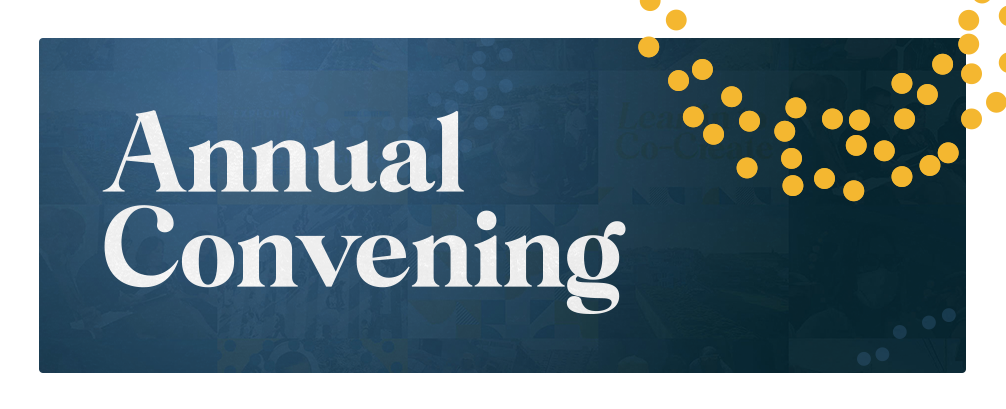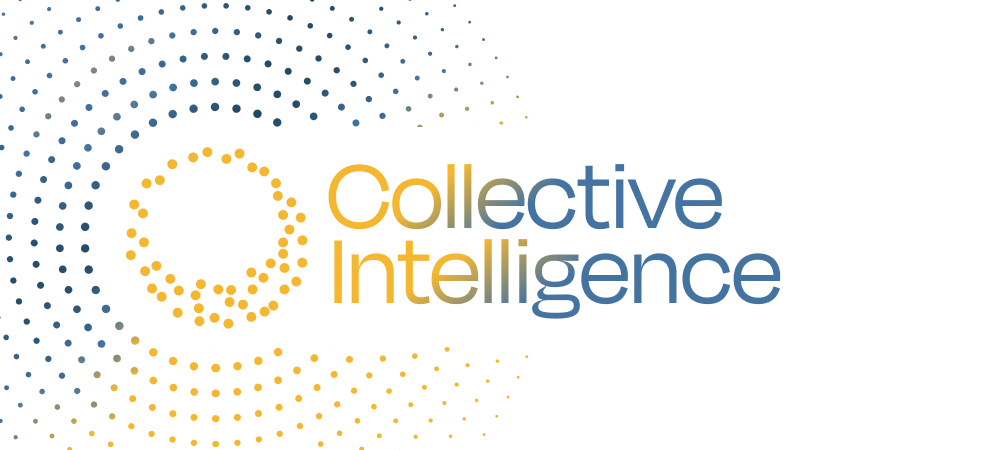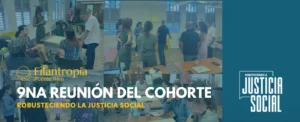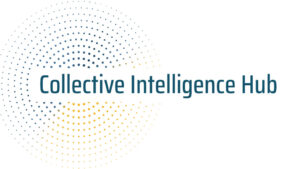FiPR News Segundo Brunch de Membresía de 2024...
Read MoreLearning Piece
Navigating Impact: Funders and Nonprofit Organizations Impact Areas
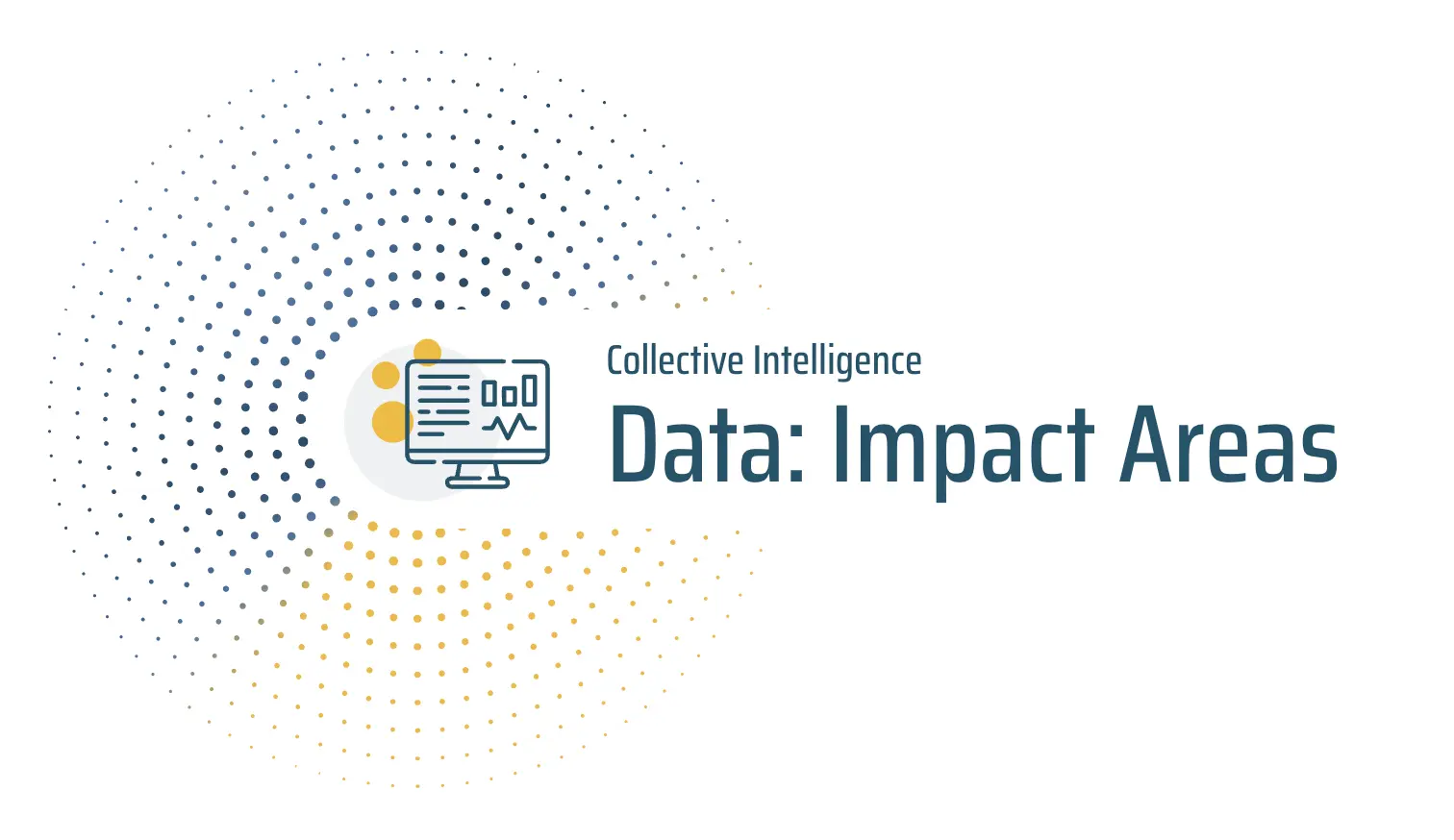
In order to create the groundwork for enhanced data collection and analysis, Filantropía Puerto Rico used their Impact Areas Standardization Tool to collect data on the impact areas of funders and nonprofits in Puerto Rico, resulting in a comprehensive report. This analysis, with data current as of January 8, 2024, covers 58 entities, including 7 funders and 51 nonprofits, and provides insights into the strategic focus areas shaping Puerto Rico’s social ecosystem.
The analysis reveals that funders, playing a pivotal role in financial support, focus on areas such as Public Affairs, Arts and Culture, and Public Safety. Public Affairs emerged as the most prioritized impact area, with a significant percentage (42.86%) of funders impacting that area. This suggests that funders view active citizenship, informed policymaking, and discussion surrounding public issues and effective governance as fundamental to achieving sustainable societal progress.
It was followed closely by Arts and Culture, Public Safety, and Community and Economic Development, each at 28.57%. This distribution underscores a balanced dedication to enhancing civic involvement, cultural vitality, public safety, and community and economic progress. While focusing on these areas, a lower percentage of funders also identified Health, Education, Environment, and Human Rights as part of their impact areas.
The average number of main impact areas selected by funders stands at approximately 2.71, indicating a tendency towards impacting two to three areas. This suggests a strategic focus where funders prioritize specific areas aligned with their core mission and funding philosophy. The median number of main impact areas for funders is 2.0. This statistic reinforces the idea that a central tendency exists among funders to concentrate their efforts on a limited number of sectors.
Nonprofit organizations, deeply ingrained in the community fabric, show a pronounced focus on Community and Economic Development, Education, Health, Human Services, and Environment. This reflects a broad spectrum of initiatives aimed at addressing the island’s immediate needs and long-term challenges. The prominence of Community and Economic Development (58.82%) highlights the sector’s commitment to catalyzing socio-economic resilience and empowerment, directly engaging with community needs highlights a profound commitment to empowerment and access to essential resources.
Education followed behind Community and Economic Development at 39.22% and Health and Environment each at 29.41%. Such impact indicates a comprehensive approach to community revitalization, health enhancement, environmental conservation, and educational equity.
With an average of 3.14 and a median of 3.0, we observe that nonprofits generally engage in around three main impact areas. The proximity of these two measures suggests a relatively balanced distribution of engagement across organizations. However, the slightly higher mean (average) indicates some nonprofits are involved in more than the typical number of areas, slightly skewing the average upwards.
The detailed examination of the impact areas by funders and nonprofit organizations in Puerto Rico delineates the current landscape of funders’ and nonprofit organizations’ efforts. It accentuates the importance of strategic focus, collaborative partnerships, and adaptive approaches to optimally leverage the collective capabilities of the social ecosystem towards achieving sustainable societal advancement in Puerto Rico.
It is important to foster collaboration and open dialogue between funders and nonprofits to align priorities further, leverage strengths, and share best practices. Such concerted efforts promise to amplify impact, driving sustainable progress towards a more equitable society for Puerto Ricans.
As the social impact ecosystem evolves, continuous research, dialogue, and strategic alignment will be essential in adapting strategies and maximizing collective impact on Puerto Rico’s communities. This data-driven approach underscores the importance of informed philanthropy and social investment in navigating the evolving societal landscape, ensuring an equitable Puerto Rico.
- Each organization in our survey had the option to select multiple impact areas. Therefore, the percentages represent the frequency of each impact area’s selection relative to the total number of organizations surveyed.
- To calculate the percentage for a specific impact area, we divide the number of times that impact area was selected by the total number of organizations in the respective entity type (either funders or nonprofit organizations) and then multiply by 100 to convert it into a percentage.
Note: When a chart segment is selected to view detailed sub-impact areas, the corresponding data label will show the sub-impact area’s name and the number of organizations that have selected it.
Segundo Brunch de Membresía de 2024 en Fundación Banco Popular
FiPR News Segundo Brunch de Membresía de 2024 en Fundación...
Read MorePublic Policy Landscape at Our First Hybrid Event of the Year
FiPR News Public Policy Landscape at Our First Hybrid Event...
Read MoreMembers Brunch Titín Foundation
FiPR News Members Brunch with Titín Foundation Versión en español...
Read MoreLaunching our Collective Intelligence Hub
Collective Intelligence Launching our Collective Intelligence Hub Collective Intelligence Initiative...
Read More
